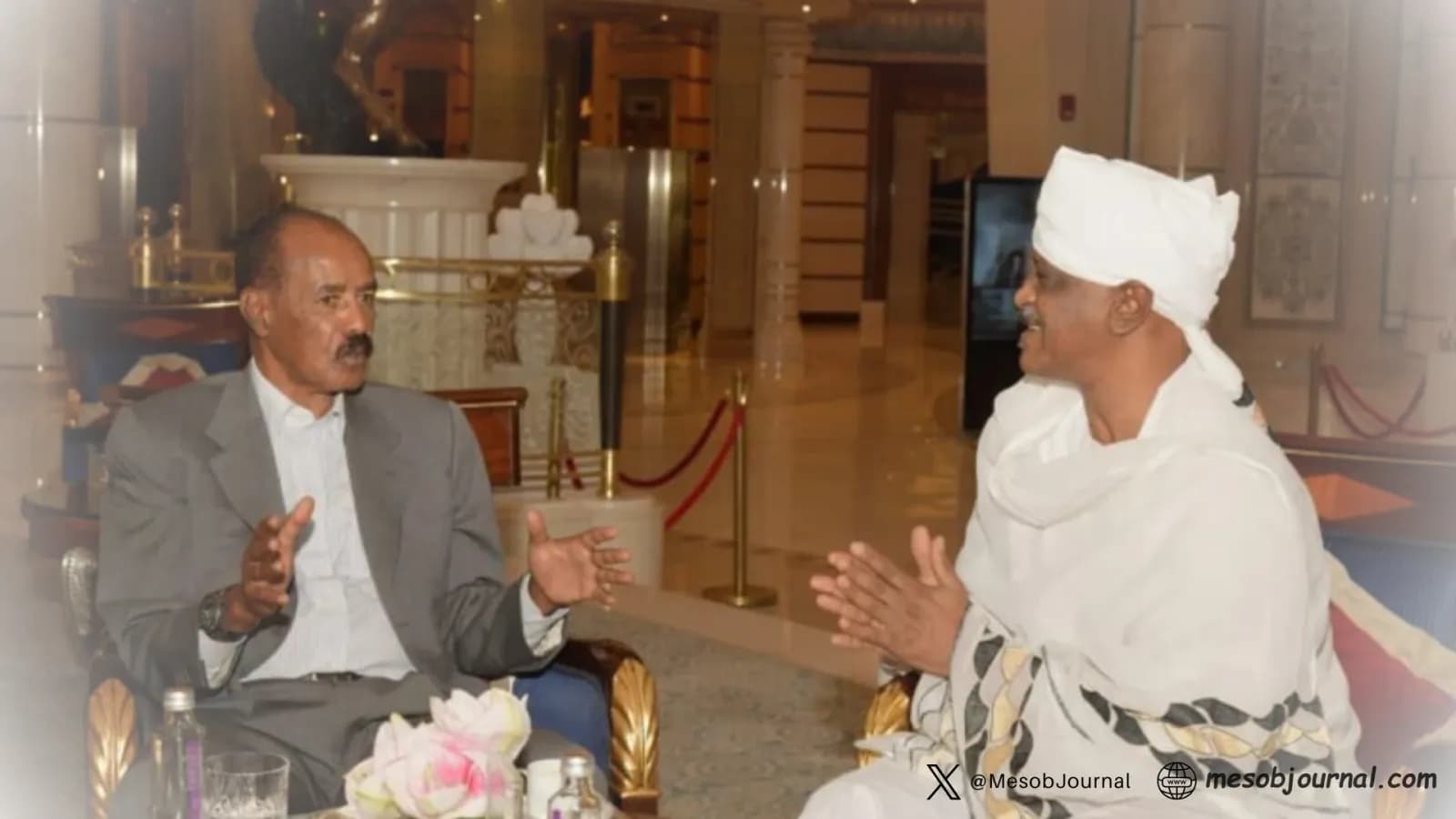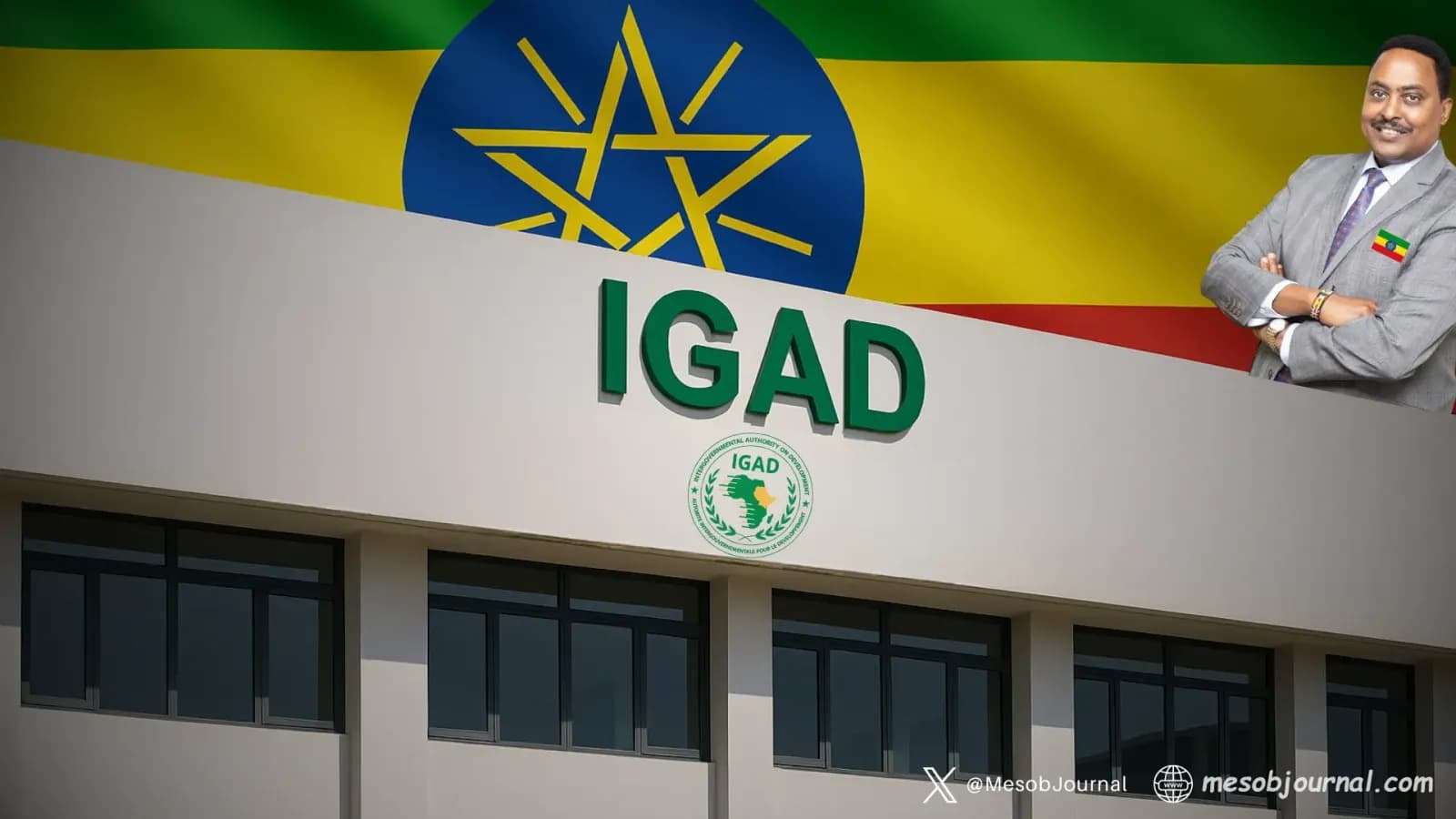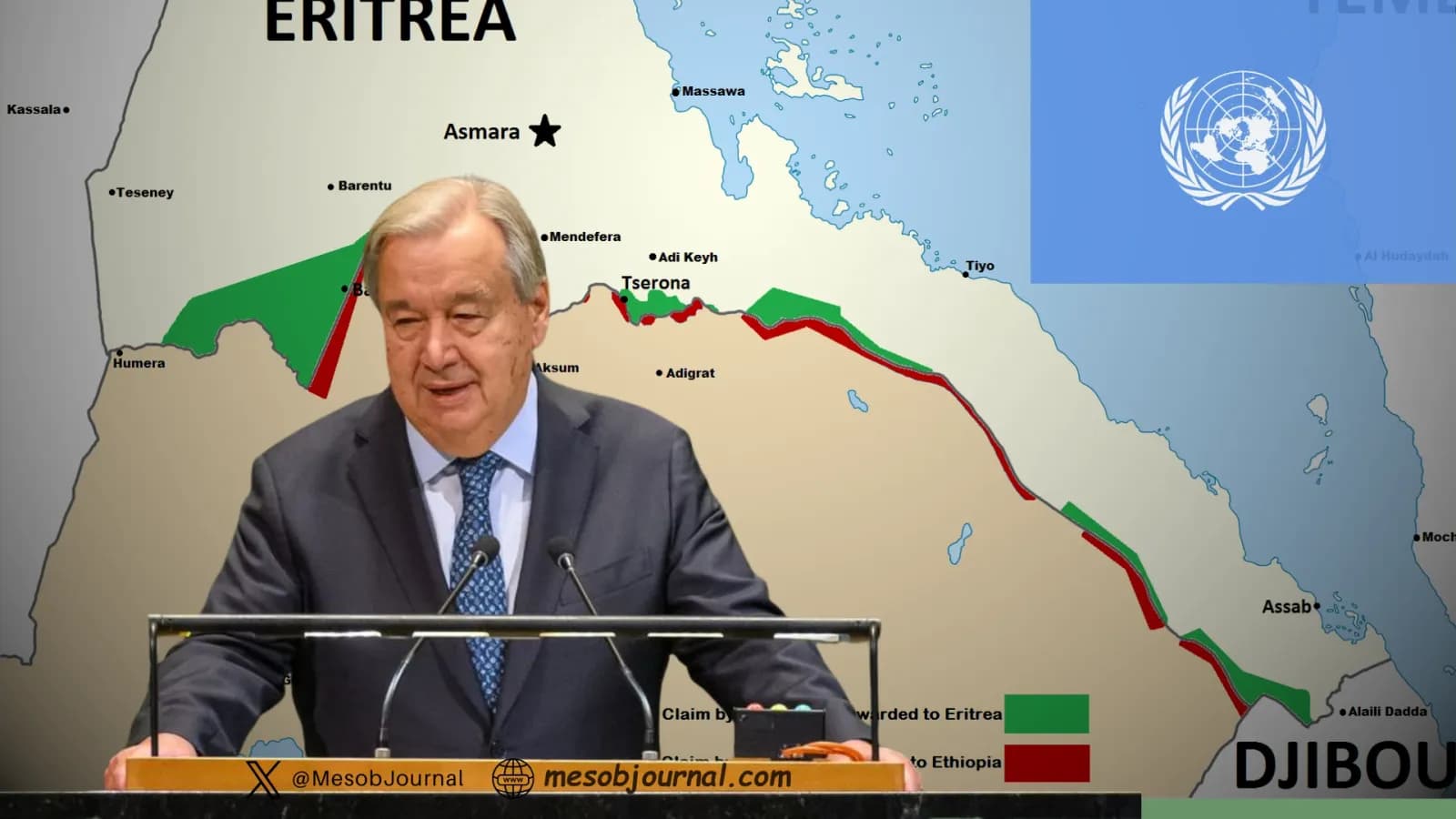Eritrea: A Beacon of Resilience in the Horn of Africa

The Horn of Africa is often a region discussed in the context of instability, civil wars, and external interventions. Yet amidst this chaos, Eritrea stands as a testament to resilience, sovereignty, and peace.
Despite facing decades of hostile predictions and outright campaigns against its stability by so-called "experts," Eritrea remains one of the most stable nations in the region.
It is time to revisit the narrative spun by Western pundits and assess why their prophecies have consistently failed.
The Doomsday Predictions That Never Came True
Since Eritrea’s independence in 1991, a host of Western “experts” on Africa have painted grim pictures of its future. These individuals, often failed diplomats, journalists, or authors, have made careers lobbying for the destruction of nations under the guise of expertise. Their forecasts for Eritrea - ranging from state collapse to civil war - have been spectacularly wrong.
For instance, numerous reports from the early 2000s through 2018 predicted the collapse of Eritrea's government under the weight of internal dissent. Others claimed the country's model of self-reliance would inevitably lead to economic ruin and societal chaos.
Western policies further compounded these claims, promoting mass migration through open asylum offers designed to deplete Eritrea’s young workforce and undermine its future.
Meanwhile, proxies such as the TPLF of Ethiopia, supported by think tanks like the International Crisis Group, as well as certain journalists and self-proclaimed experts, were funded to sow discord.
Their narratives demonized Eritrea, belittled its achievements, and confidently forecasted its imminent downfall.
Fast forward to 2025, and Eritrea stands not only intact but stronger than ever. These same voices, who now find their predictions in shambles, quietly shift their focus to new targets, evading accountability for their failed narratives.
Despite persistent external pressures, Eritrea has defied expectations, emerging resilient and proving its detractors wrong time and again.
The Western Obsession with Eritrea
Why is Eritrea singled out for such relentless antagonism? The answer lies in its unique position as a truly independent African state. Unlike many nations whose independence was orchestrated or overseen by foreign powers, Eritrea achieved its freedom through decades of armed struggle.
The Eritrean people fought against colonization and annexation with a unity and determination rarely seen elsewhere. This independence was not handed on a silver platter; it was earned through blood and sacrifice.
This is precisely why Eritrea is an anomaly in Africa. It refuses to be a puppet state. Western powers and their aligned elites find it unacceptable that Eritrea maintains its sovereignty and charts its own course, free from external interference.
Eritrea’s policies are not dictated by external capitals or financial institutions but are rooted in the aspirations and needs of its people. This independence has made it a thorn in the side of those who seek to dominate the continent.
Stability Amidst Regional Chaos
While neighboring Ethiopia and Sudan grapple with devastating civil wars, often exacerbated by external spoilers, Eritrea remains an oasis of peace.
This stability is not a coincidence but the result of deliberate policies and a cohesive national identity. The Eritrean government and its people operate as one entity, a familial bond that is unparalleled globally.
Eritrea’s contributions to regional stability also play a crucial role and should not be overlooked. The Red Sea, a vital maritime route for global trade, has never been as secure as it is under Eritrean authority.
This stability benefits not only Eritrea but the world at large. Yet, instead of acknowledging this fact, detractors continue their campaigns of misinformation, seeking to undermine Eritrea’s achievements.
The Motive Behind the Misinformation
The relentless hostility towards Eritrea is rooted in control. Eritrea’s model of self-reliance and its refusal to bow to external pressures make it a target.
Western elites and their hired experts are incentivized to attack Eritrea because it represents a challenge to their hegemony. These experts often receive financial backing from elites with vested interests in maintaining the status quo - a status quo that thrives on the exploitation and division of African nations.
Lessons in Resilience
Eritrea’s history is a story of resilience. Since the 1960s, it has faced immense challenges, including a brutal war for independence, economic sanctions, and a constant barrage of misinformation. Yet, it has emerged stronger after each trial.
The Eritrean people have proven time and again that threats and coercion do not work. Their unity and resolve are lessons to the world on the power of a people’s will.
A Call for Peace and Mutual Respect
Eritrea does not seek domination or conflict. All it demands is peace and mutual respect. It is time for the world to recognize Eritrea for what it is: a nation that has defied the odds and emerged as a beacon of stability and independence in a volatile region.
Those who continue to root for Eritrea’s downfall should take a moment to reflect on their failures and the harm their narratives cause.
Eritrea is not just another African nation; it is a testament to the resilience and power of a united people. It is high time for the world to respect Eritrea’s sovereignty and acknowledge its contributions to regional and global stability.
Related stories

When Maps Become Messages: Ethiopia’s Dangerous Normalization of Territorial Claims
There are moments in diplomacy when silence is louder than words. And there are moments when a picture—deliberately chosen, officially circulated—does more damage than a thousand speeches. The map displayed this week in a video released by Ethiopia’s Prime Minister’s Office belon

President Isaias Afwerki: Ending Sudan War Requires Cutting RSF Supply Lines
Eritrean President Isaias Afwerki has said that any serious effort to end the war in Sudan must begin with cutting off the supply routes that continue to arm and sustain the Rapid Support Forces (RSF), warning that calls for ceasefires are meaningless while weapons and mercenarie

Eritrea Withdraws from IGAD, Citing Loss of Mandate
Eritrea has formally withdrawn its membership from the Intergovernmental Authority on Development (IGAD), the Ministry of Foreign Affairs announced on Friday, marking a decisive break with a regional body it says has “forfeited its legal mandate and authority.” In a press release

Eritrea-Ethiopia Algiers Agreement at 25: International Law Still Stands
Twenty-five years after the signing of the Algiers Agreement, the United Nations Secretary-General has once again urged Eritrea and Ethiopia to “respect the border pact.” On the surface, the message sounds balanced, even responsible. But anniversaries are not just moments for rit

